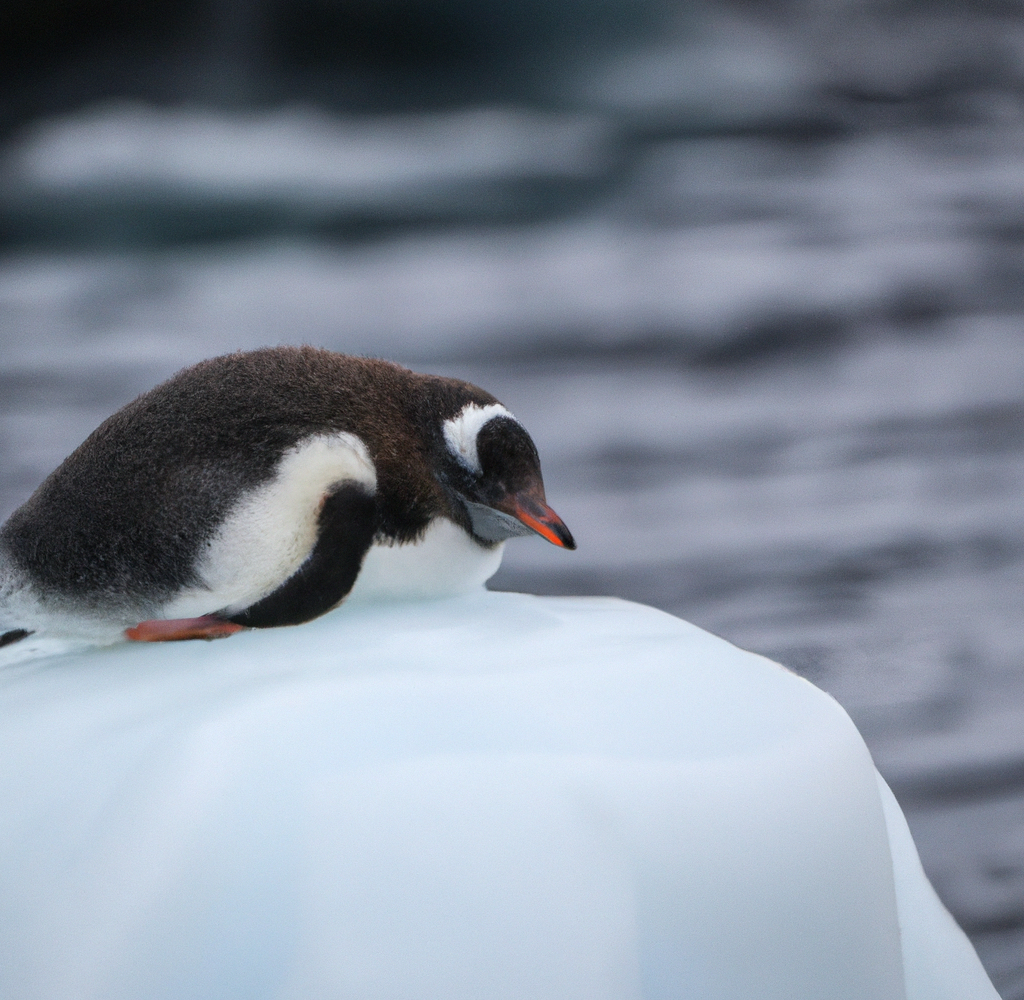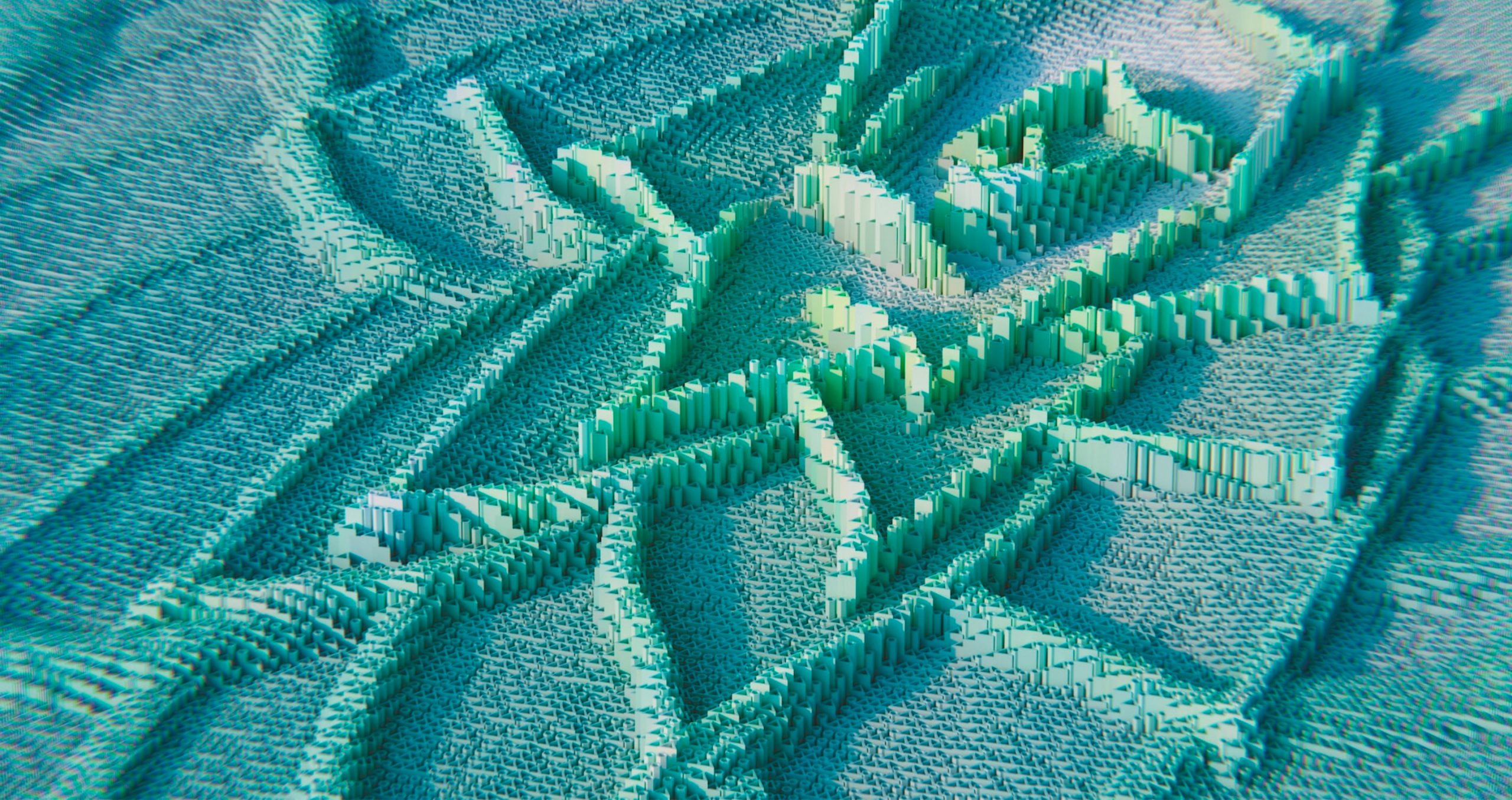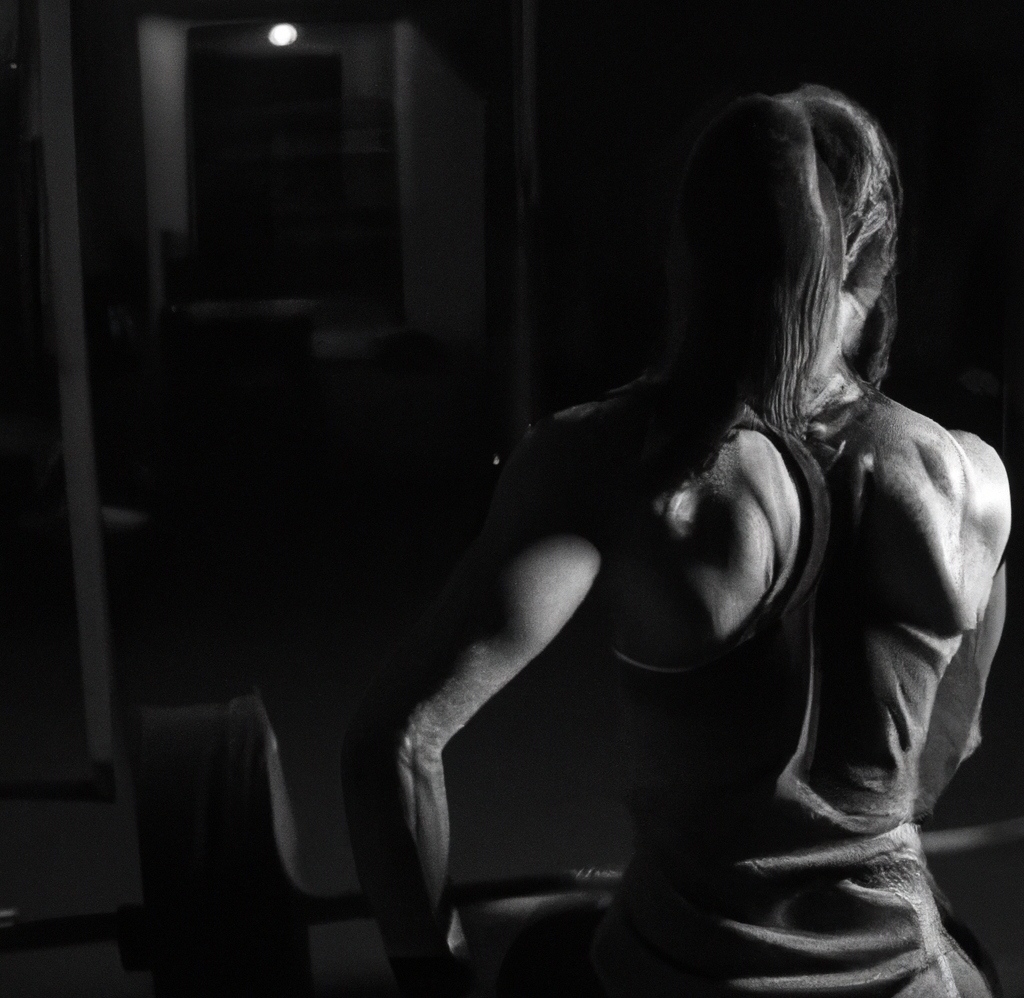
While most sleep research relies on laboratory models such as mice and fruit flies, the authors studied these penguins in natural conditions, revealing a surprising habit of short naps lasting only a few seconds, defined as "microsleeps."
Contrary to the traditional conception of sleep, penguins do not exhibit long periods of continuous rest but accumulate more than 11 hours of sleep per day in thousands of brief instances lasting on average only 4 seconds, referred to as “microsleeps.” This unusual pattern challenges the current interpretation of sleep fragmentation as inherently detrimental to sleep quality.
The authors suggest that this adaptation might be an evolutionary strategy to balance the requirements of sleep and vigilance. Penguins live in noisy colonies and are constantly exposed to auditory and movement stimuli while being under the threat of predators. This environment can lead to interrupted sleep, causing some penguins to be awake while others sleep, thus maintaining the colony in a semi-awake state.
The research highlights the flexibility of sleep patterns in wild animals and underscores the importance of considering the environmental context in interpretations. Studies like this contribute to a better understanding of sleep in natural conditions and are crucial for conservation, especially considering the impacts of climate change and human activities on natural ecosystems.

Christian D. Harding and Vladyslav V. Vyazovskiy
Penguins snatch seconds-long microsleeps
Science – Volume 382, Issue 6674 Dec 2023







